HotSpots H2O: Worst-Ever Power Outage Deepens Venezuela Water Insecurity
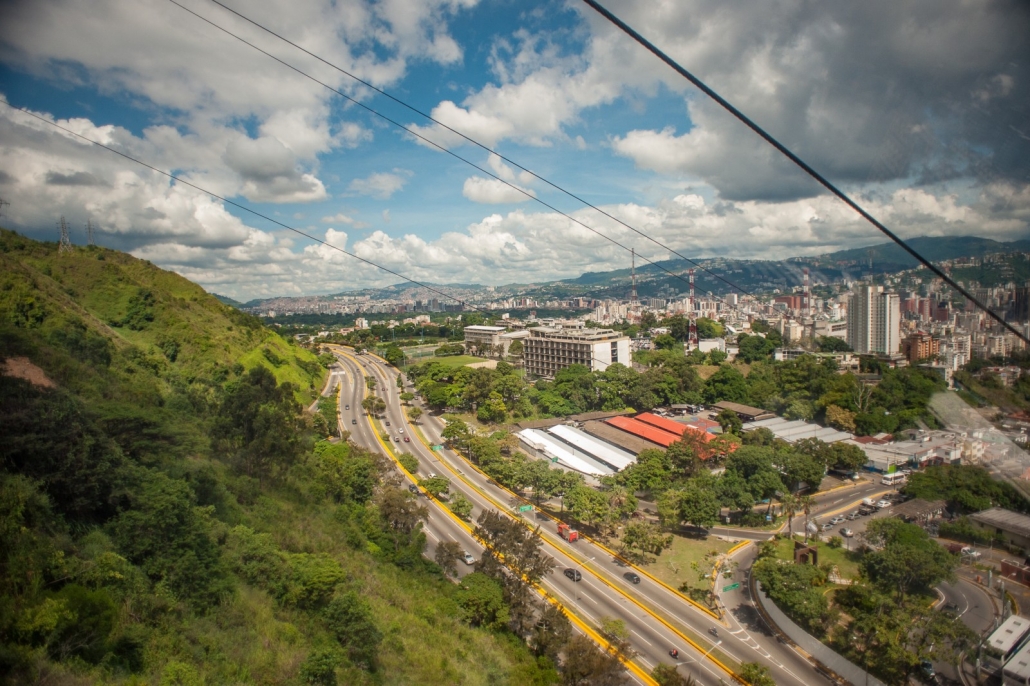
Caracas, Venezuela. Photo courtesy of Casal Partiu/Flickr.
On March 7, Venezuela plunged into darkness.
When a nationwide power outage struck two weeks ago, parts of the country slipped into total chaos. The blackout hit all of Venezuela’s 23 states, along with the country’s two largest cities, Caracas and Maracaibo. Schools and businesses closed. The supply of food, water, and medicine–already scarce before the outage–deteriorated substantially. At least 40 people died, many in hospitals for lack of proper care. Looters ransacked stores and supermarkets.
President Nicolas Maduro dubbed the blackout “sabotage,” calling for investigations into potential tampering by the United States and by Juan Guaido, leader of the country’s opposition party. Others blame corruption and poor management for the massive power grid failure. Shorter power outages are common due to faltering infrastructure.
Electricity is returning to parts of Venezuela, but some areas remain in the dark, including many Caracas slums.
“We don’t have water. We don’t have lights,” Elizabeth Guzman, a 72-year-old resident of Caracas, told the Associated Press. “I’ll sincerely tell you that I have no hope this will ever get fixed. Never.”
Water Shortages Worsen
The country has been drowning in political and economic turmoil for years under the oppressive Maduro regime. Recent conflict over the legitimacy of Maduro’s 2018 reelection spurred further tension. Earlier this winter, the United States, along with 11 Latin American countries and more than a dozen European Union countries, recognized Guaido as the country’s interim leader.
With the water sector in the hands of the military, water availability in Venezuela has been tenuous for years. In summer 2018, protests over power and water outages turned deadly. In February, a form of waterborne dysentery killed 14 children in Barcelona, a coastal city. Now, access to clean, reliable water has reached a new low.
By the fourth day of the blackout, Venezuelans were forced to queue for hours in order to buy water. On the fifth day, Caracas residents swarmed sewage drains, armed with pails and jerry cans. They said the water flowing from nearby pipes had been released from reservoirs and they wanted to catch it before it mixed with the sewage. As the blackout wore on, even the reservoirs began to run low.
To make matters worse, Venezuela is refusing to accept humanitarian assistance. Aid agencies are stockpiling food and medicine in areas near Venezuela, including Brazil, Colombia, and possibly the Dutch Caribbean island of Curacao. Although the aid is helping the thousands of refugees fleeing Venezuela, it is doing little good for those caught in the heart of the crisis.
“They’re killing us with hunger and thirst,” Gladys Martinez, a Caracas homemaker, told Reuters during a demonstration against the water shortages. Lilibeth Tejedor, while filling a plastic container with water from a sewage drain, echoed the sentiment. “I’ve never even seen this before. It’s horrible, horrible.”
Kayla Ritter is a recent graduate of Michigan State University, where she studied International Relations and Teaching English to Speakers of Other Languages. She is currently based in Manton, Michigan. Kayla enjoys running, writing, and traveling. Contact Kayla Ritter

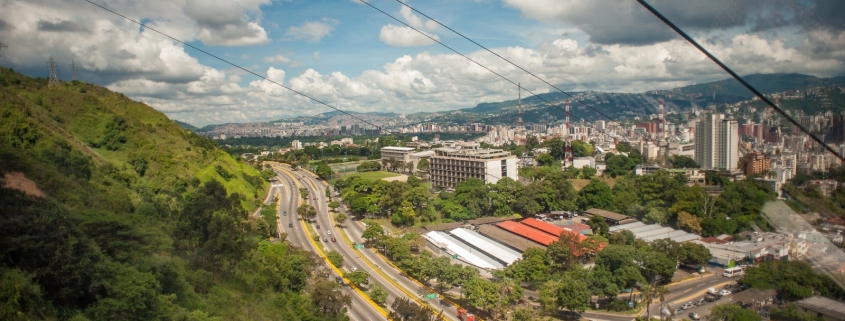

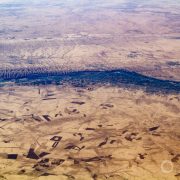
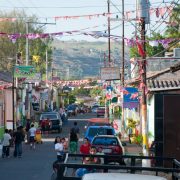
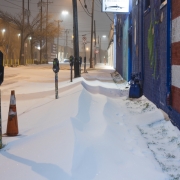
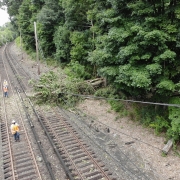
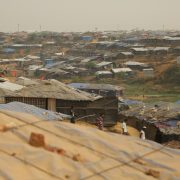
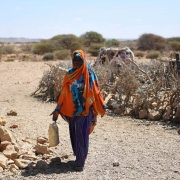



Leave a Reply
Want to join the discussion?Feel free to contribute!